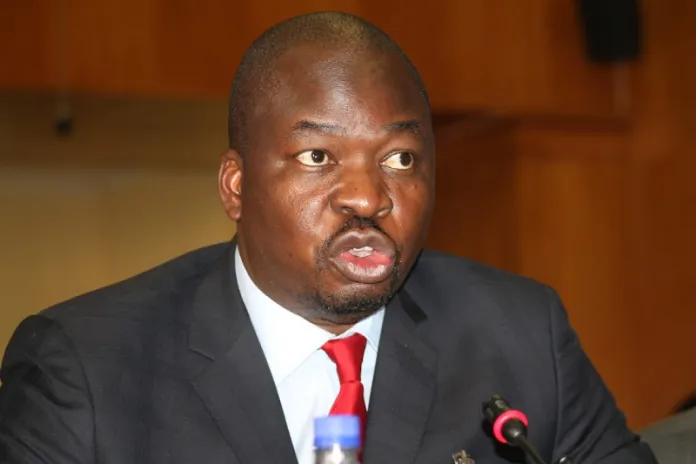The government is actively engaging with business entities that manipulate the exchange rate by relying on black market rates, urging them to adopt the official exchange rate instead.
According to statistics published on the Reserve Bank of Zimbabwe (RBZ) website on September 5, the average exchange rate was US$1 to ZiG 13.8742.
Reports indicate that some formal businesses are limiting their acceptance of the ZiG, while others are employing tactics such as dual pricing and inflating USD prices to bypass the interbank rate.
George Guvamatanga, Permanent Secretary in the Ministry of Finance, Economic Development and Investment Promotion, said that while the government plans to intervene, it aims to do so without disrupting the market. Said Guvamatanga:
Indeed this is what is happening in the market by some unscrupulous businesses, not all of them, but we are taking note and will act decisively.
But remember, we need to consult and do so in a manner that does not disrupt the acceptance and performance of the ZiG so far.
I can tell you there is no reason why the ZiG should be devalued because it is backed by gold and foreign currency reserves.
Zimbabwe National Chamber of Commerce chief executive officer, Christopher Mugaga told ZBC News that there was no need for retailers and wholesalers to use parallel market rates. Said Mugaga:
Indeed as big business we are witnessing those uncouth practices that are currently being employed by retailers and wholesalers in the market.
The ZiG has been widely accepted and the premium of the formal rate has largely widened, which requires business to work together.
The Reserve Bank of Zimbabwe (RBZ) introduced the Zimbabwe Gold (ZiG) currency in April, following the collapse of the Zimbabwe dollar (RTGS and bond notes).
Just five months later, the new currency has experienced significant depreciation, now trading at US$1 to ZiG24 on the parallel market. At the time of its launch, the ZiG was valued at US$1 to ZiG13.50.
